David Emile Durkheim is considered the Father of Social Sciences or Sociology for their remarkable works in laying a foundation on practical social research.
Table of Contents
Social Science is the branch of science devoted to studying human sciences and the relationships among individuals within those societies. Comte is generally regarded as the "Father of Sociology". But after laying a foundation to practical social research in the sociology discipline, David Emile Durkheim is considered the Father of Social Science.
You must check out the details to the Father of Social Science mentioned in the article below for your knowledge.
Father of Social Science: David Emile Durkheim
David Emile Durkheim, Karl Marx, and Max Weber are considered the Father of Social Science or Sociology. The Liberal Arts includes Literature, History, Philosophy, Political Science, Languages, Psychology, and various Social Sciences.
David Emile Durkheim
The main contribution of David Emile Durkheim is on the glue that binds societies together. The common institutions, cultural norms, shared experiences, and perspectives acts as a glue and makes society work which allows people to come together to work for the common good.
| Particulars | Details |
| Birth | 15 April 1858 |
| Death | 15 November 1917 |
| Alma mater in Universities | École Normale Supérieure, Friedrich Wilhelms University, University of Leipzig, University of Marburg |
| Personality is known for | Social fact, Sacred–profane dichotomy, Collective consciousness, Social integration, Anomie, Collective effervescence |
| Field of Study | Philosophy, Sociology, Education, Anthropology, Religious studies |
Other Significant Contributors of Sociology
Get to know the works of Father of Social Science and two other following Sociologists who has immensely contributed to the theories of Social Sciences. The other significant contributors toward the field of sociology and social sciences includes;
1. Karl Marx

Picture Credits: history.com
Karl Marx's idea is the material world reflected by the human mind and is translated into forms of thought called as the "Historical Materialism" or "The Hegelian Dialectic" which is also known as the existing forms of economy and production.
| Particulars | Details |
| Birth | 5 May 1818 |
| Death | 14 March 1883 |
| Alma mater in Universities | Friedrich-Schiller-Universität, University of Bonn, Friedrich Wilhelm School, Humboldt University of Berlin |
| Personality is known for | Theories of Marxism |
| Field of Study | Political Philosophy and Communism |
2. Max Weber
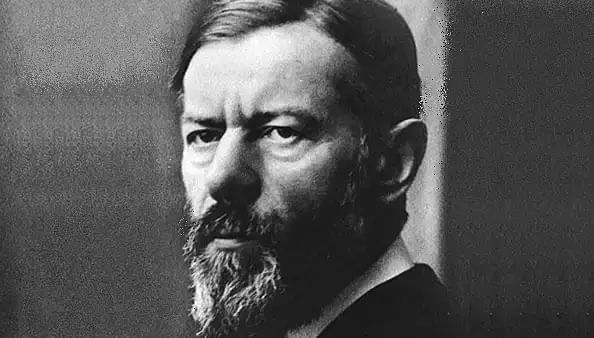
Picture Credits: revisesociology.com
Max Weber is one of the finest German Sociologists since he has given us the most important progress in stratification theories. The similarities and differences of the approach will become apparent as Weber's ideas are examined.
| Particulars | Details |
| Birth | 21 April 1864 |
| Death | 14 June 1920 |
| Alma mater in Universities | University of Göttingen, Humboldt University of Berlin, Heidelberg University, Ludwig-Cauer-Grundschule, Strasbourg University |
| Personality is known for | Protestant Ethics, Relating Protestantism to Capitalism, and Ideas on Bureaucracy. |
| Field of Study | Founder of Sociology |
For example: Max Weber theory says that to have economic gains, one has to develop their class in market economics and compete with each other. He explains, according to him, a class or group of people who have the same positions in the market economy and therefore enjoy some rewards.
According to Max Weber, a person's class situation is also basically his market situation, where those who share a similar class situation also share a similar life. Therefore, those not very keen on the position will directly affect their chances of obtaining those things defined as desirable in their society.
Also Check: 10 Tips for Staying Focused and Productive as A Student
David Emile Durkheim's Work in Sociology
With Karl Marx and Max Weber, David Emile Durkheim formally established the academic discipline, which is commonly cited as the principal architect of Modern Social Science and the Father of Sociology.
David Emile Durkheim also developed social structure theories that included functionalism, the division of labour, and anomie. His works majorly focused on how traditional and modern societies evolved and functioned.
According to Durkheim, society should be analyzed and described in terms of functions. Society is a system of interrelated parts where no one part can function without the other. These parts make up the whole society; if one part changes, it impacts society as a whole.
Durkheim's concept of the division of labour focused on the shift in societies from a simple society to a more complex one. He also argued that traditional societies were made up of homogenous people that were more or less the same in terms of values, religious beliefs, and backgrounds.
In contrast, modern societies are made up of a complex division of labour, beliefs, and backgrounds. In traditional societies, the collective consciousness ruled, social norms were strong and social behaviour was well regulated. These are the theories that made David Emile Durkheim as the Father of Social Science.
Also Check: List of 10 Novels for Students to Read
What is Social Science?
Social Science describes many different fields, including Sociology, Psychology, Economics, Anthropology, Geography, Linguistics, Political Science, and many others. In each field, there have been contributions by different people like Wilhelm Wundt, who is considered the Father of Psychology, David Emile Durkheim is considered as the Father of Social Science, while Karl Marx, and Max Weber have contributed to David's theories on social science.
Many also consider Aristotle to be the father of Political Science. All these contributed greatly to their respective fields. Hence, the concept of a "Father" of a specified field implies that somehow they invented the study of a specific subject or developed the study all on their own.
In reality, science is a collective effort and is contributed to by hundreds of scientists in each field. We should acknowledge the achievements and contributions of these men, but we should also acknowledge the contributions made by others.
Which Colleges Are Best for Social Science in India
Higher education institutions for Social Sciences are plenty in India. However, it might be tough for a student sitting in one part of the country to know about the best colleges in some other parts of India. Therefore we have mentioned some of the best colleges for social science in India are listed below:
| Name of the College | Location |
| Lady Shri Ram College for Women | New Delhi |
| Loyola College | Chennai |
| Christ University | Bangalore |
| St.Xaviers College | Mumbai |
| Miranda House | New Delhi |
| Hansraj College | New Delhi |
| Shri Ram College of Commerce | New Delhi |
| Hindu College | New Delhi |
| Ramjas College | New Delhi |
| Madras Christian College | Chennai |
At last, the article will help you know about the Father of Social Science or Sociology and list of some of ther contributors as well. Moreover, throuhg this article you will get to know about the top colleges you can prefer for social science program in India.

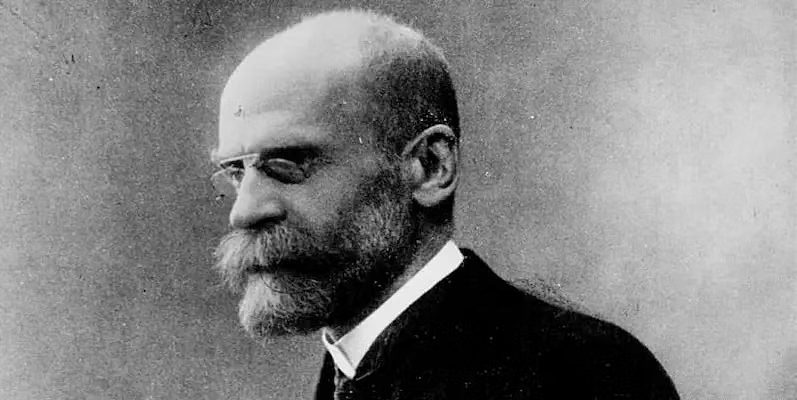


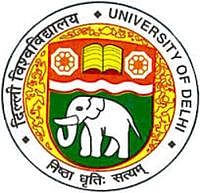



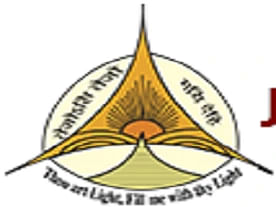
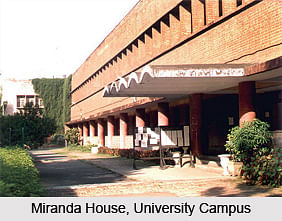



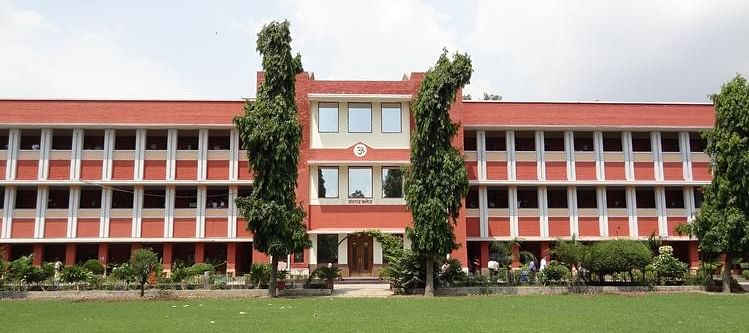

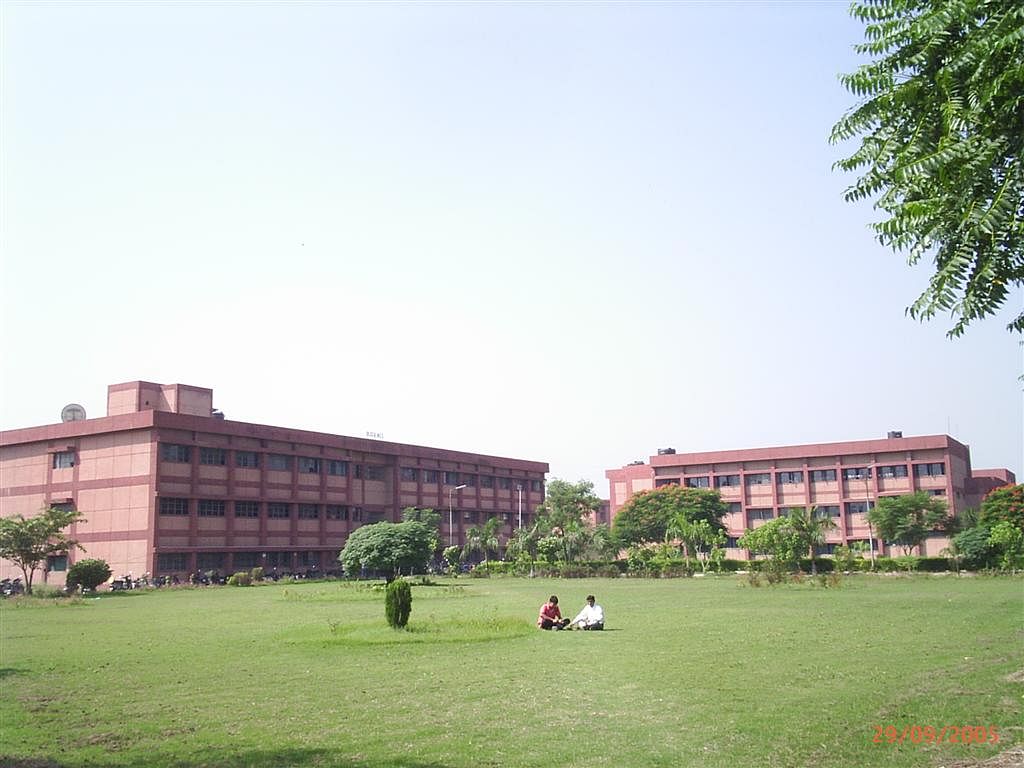






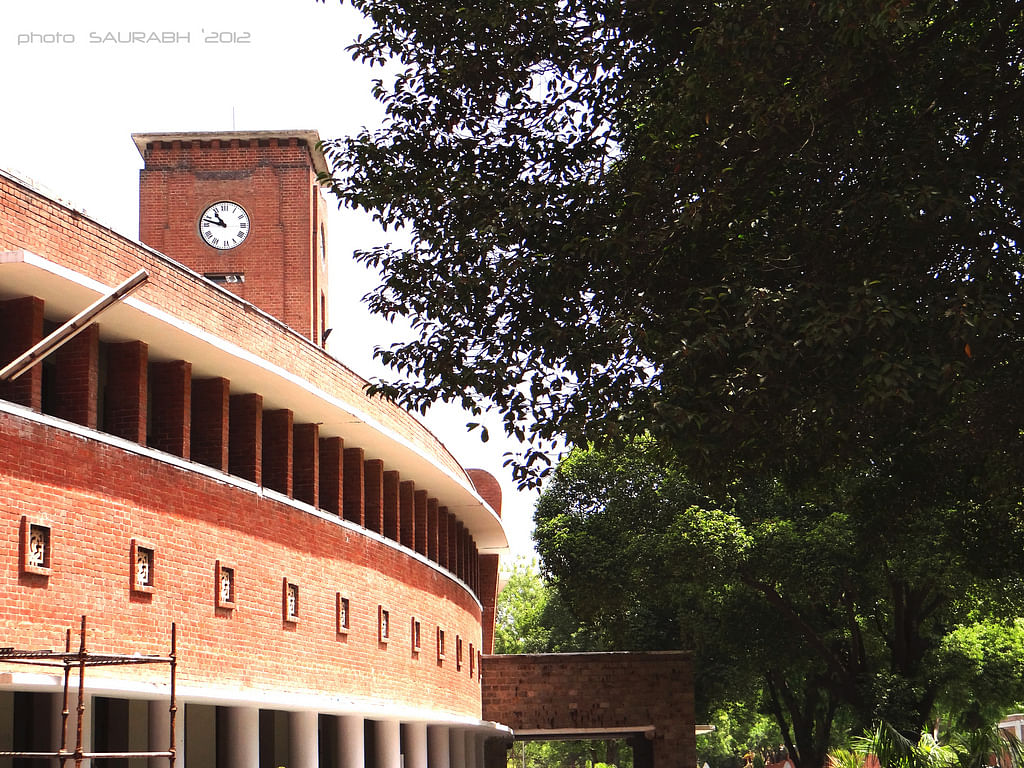
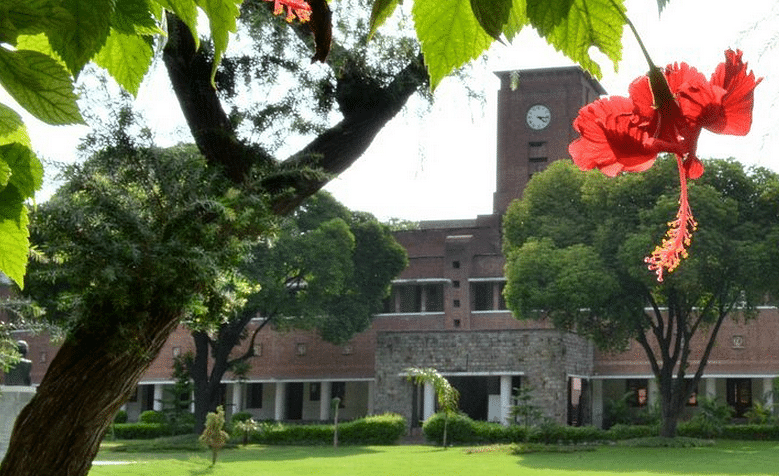
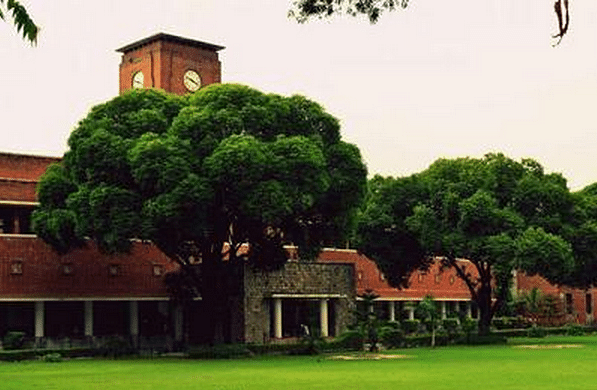
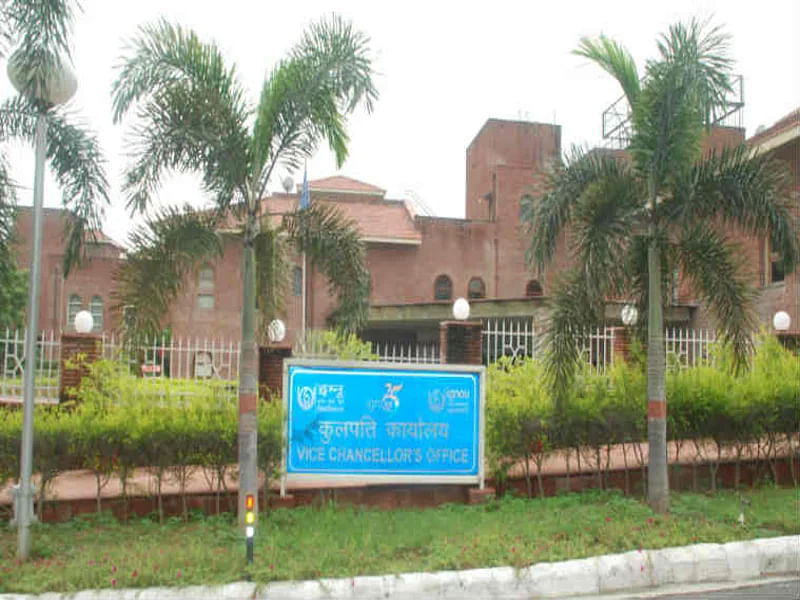




































POST YOUR COMMENT